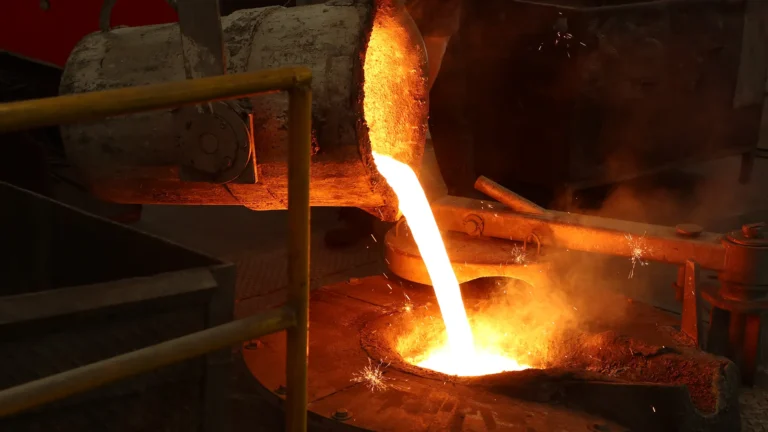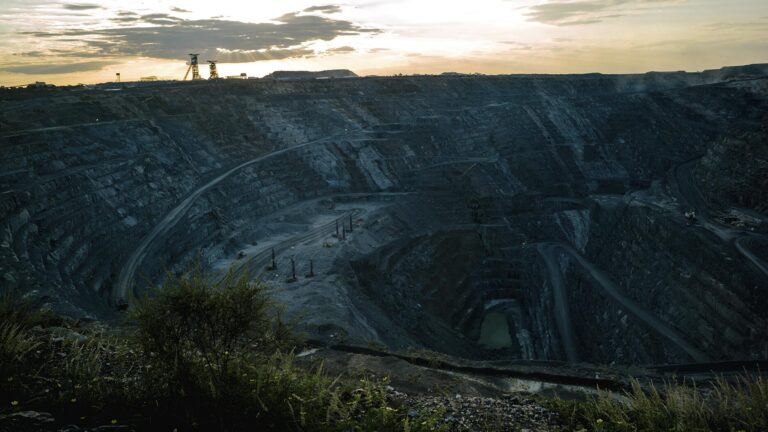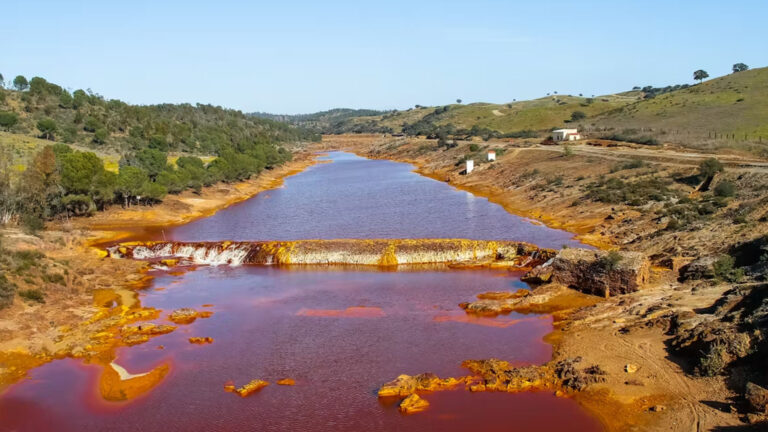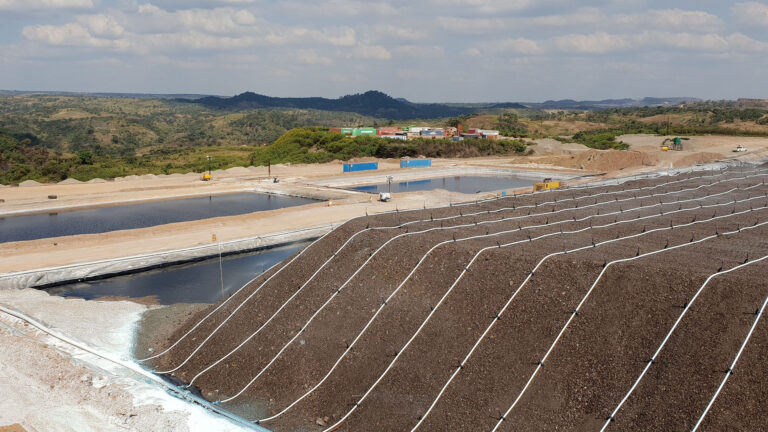Mining has always had a profound influence on the communities in which it operates. From shaping economies to transforming landscapes, the industry’s social footprint runs deep.
In recent years, however, a growing emphasis on corporate social responsibility (CSR), environmental, social, and governance (ESG) standards, and stakeholder engagement has ushered in a new era for mining one that is not only focused on extraction but also on inclusion, justice, and shared prosperity.
Beyond Profit: Mining’s Evolving Role in Society
Traditionally, mining was seen primarily as an engine of economic development, providing jobs, royalties, and infrastructure in remote and underserved regions. While this remains true, communities, governments, and investors are increasingly demanding more equitable outcomes. Today, the success of a mining project depends not just on its geological promise but on its ability to operate with a social license. This unwritten contract reflects the community’s trust and approval.
Modern mining practices are thus evolving to reflect broader societal values. Companies are now expected to go beyond compliance and demonstrate meaningful contributions to local well-being, environmental stewardship, and cultural preservation.
Employment, Skills Development, and Local Economies
One of the most immediate social benefits of mining is the employment it provides. Large-scale projects can create thousands of direct and indirect jobs, often in regions with limited economic activity. However, the challenge lies in ensuring these opportunities translate into long-term development.
Many mining firms have introduced vocational training, STEM education initiatives, and entrepreneurship support to help communities build sustainable livelihoods. Skill transfer, capacity building, and gender inclusion are now standard components of forward-looking mining strategies. The aim is not just to fill jobs, but to empower people with careers and a stake in the industry’s future.
Community Relations and Cultural Respect
Mining operations frequently intersect with Indigenous lands and culturally significant areas. Modern practices now recognize the importance of early, continuous, and respectful engagement with local communities. This includes free, prior, and informed consent (FPIC) from Indigenous peoples, honoring traditional knowledge systems, and creating culturally inclusive work environments.
Missteps in community relations can lead to protests, delays, or even the revocation of mining permits. On the other hand, respectful collaboration can lead to co-management agreements, heritage protection efforts, and mutually beneficial partnerships.
Health, Safety, and Environmental Wellbeing
Mining can pose risks to community health through dust, water contamination, and accidents. Modern operations mitigate these impacts through rigorous health and safety protocols, environmental monitoring, and transparent reporting. Partnerships with local clinics, mobile health units, and sanitation infrastructure projects are increasingly being implemented as part of mining’s broader social impact portfolio.
The COVID-19 pandemic further highlighted the role of mining companies as community stewards, with many providing vaccines, food supplies, and public health support in remote areas. This elevated expectation is likely to persist in the post-pandemic landscape.
Addressing Inequality and Social Justice
Mining has historically contributed to social inequality, particularly when benefits were concentrated among elites or when environmental degradation disproportionately affected marginalized groups. Modern mining frameworks now include social impact assessments (SIAs), gender equality policies, and grievance mechanisms to ensure all voices are heard and equity is pursued.
Furthermore, there is growing pressure for transparency in the distribution of revenues. Initiatives such as the Extractive Industries Transparency Initiative (EITI) aim to ensure that mining profits benefit the broader public, not just private interests.
Measuring Impact and Accountability
Social impact today is not just a moral obligation it’s a measurable, reportable dimension of performance. ESG reporting frameworks require mining companies to disclose how they manage labor relations, human rights, local development, and community engagement.
Tools such as impact assessments, social return on investment (SROI) metrics, and stakeholder surveys provide data driven insights into how communities are affected and how companies can improve their performance. This culture of accountability is reshaping the sector’s reputation and resilience.
Conclusion: Mining With Purpose
The future of mining depends not only on technological innovation and resource availability but also on its ability to generate social value. Companies that lead in community engagement, equity, and transparency are more likely to enjoy long-term stability, investor confidence, and public support.
Modern mining is no longer just about extracting value from the earth, it’s about embedding value into the fabric of society. By embracing inclusive, ethical, and forward-thinking practices, the mining industry can contribute to building stronger, healthier, and more sustainable communities.






